And why skipping doses is a bad idea
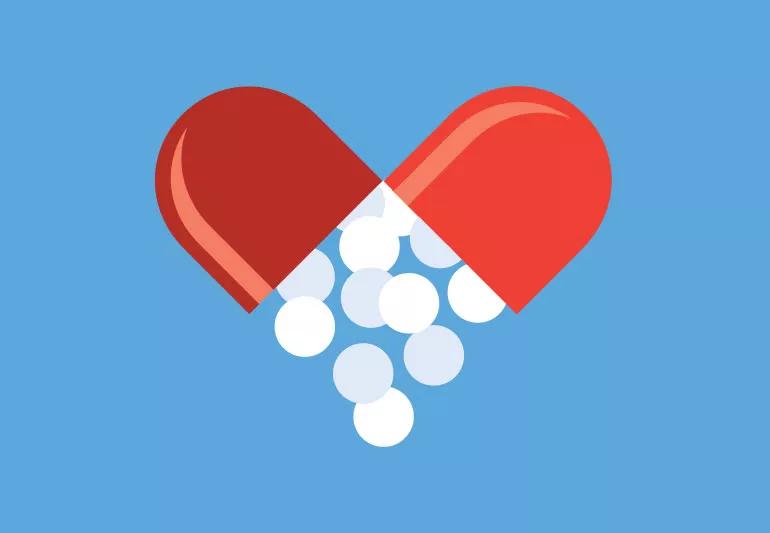
Beta-blockers are some of the most effective medications for treating chronic heart failure. Chances are, your doctor has prescribed a beta-blocker for you if you’ve had a heart attack or have:
Cleveland Clinic is a non-profit academic medical center. Advertising on our site helps support our mission. We do not endorse non-Cleveland Clinic products or services. Policy
Beta-blockers are drugs that can slow your heart rate and keep it from overworking. They also can stop your heart from responding to stress hormones, such as adrenaline. Over time, beta-blockers may help your heart pump better.
“Beta-blockers remain one of the most important drugs we prescribe, because in the long term they help patients live longer,” says cardiologist W.H. Wilson Tang, MD.
Your doctor might prescribe other medicines along with beta blockers to improve your heart failure symptoms, such as:
These drugs are pillars of heart failure treatment and lower your risk of a cardiovascular event.
When you start taking beta-blockers, your symptoms may become slightly worse for about two to three weeks as your heart adjusts to them. You might feel more tired or dizzy. That’s normal. However, you’ll need to check your blood pressure and heart rate to make sure they don’t drop too low.
It’s critical to take beta-blockers as directed. Even if you think they aren’t working or aren’t making you feel better, they’re helping prevent your heart disease from getting worse.
It’s especially important to continue beta-blockers if you’ve been taking them long-term. Studies show that abruptly stopping them can cause chest pain and increase your risk of sudden cardiac death.
So, don’t stop taking your beta-blockers unless you discuss it with your physician – even if they’re causing side effects such as:
If any of these side effects are severe or don’t go away, talk to your doctor about how to control them. Sometimes your doctor can:
“The top reason patients stop using beta-blockers is admission to the hospital – for various conditions, not just heart failure,” Dr. Tang says. “However, most people should not stop, even if they are hospitalized, unless the doctors decided that it is more harm than good.”
Research shows that patients fare better when they continue taking beta-blockers while in the hospital, even with acute heart failure.
“An inability to tolerate beta-blockers indicates a worsening heart condition,” says Dr. Tang. “Other testing may be necessary to determine if the heart is too weak for beta-blockers.”
This may even apply for patients whose heart function has recovered to the normal range. “Recent clinical studies have shown that, even in those with full recovery of their heart structure and function, stopping drugs like beta-blockers can reverse the recovery course and can be detrimental,” he adds.
If you stopped taking beta-blockers, re-determining the correct dosage is a complicated process. While it’s important that you resume beta-blockers, you will need to closely follow instructions from your doctor. Doctors have learned to start low and go slow in increasing the dose so that your body can readjust to the drug.
In general, doctors have learn to start low and go slow in increasing the dose so that you body can readjust to the drug.
“How much and how quickly to increase the dose will depend on your medical condition,” says Dr. Tang. “It can take time and even adjustment of other medications in order to maintain adequate blood pressure.”
Your best precaution? Make sure you always have enough beta-blocker medication on hand. Running out – or simply not taking your medication – can be dangerous.
Learn more about our editorial process.

Medicine intended for your heart may help in certain anxiety-provoking situations

First things first — slowly sit or lie down

Absolutely! In fact, in many ways, exercise is key to recovery
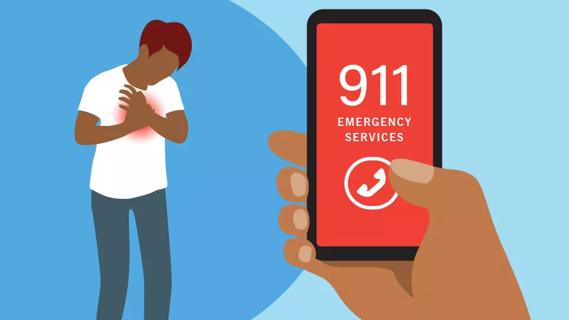
There’s no way to stop it once a heart attack is happening, but the most important thing you can do is to call for help

You can counter the risk of prediabetes-related heart attack or stroke by eating more fruits, vegetables and whole grains, as well as exercising regularly
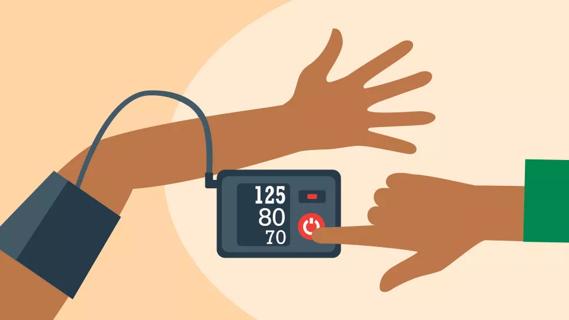
An ideal blood pressure is less than 120 mm Hg systolic and less than 80 mm Hg diastolic
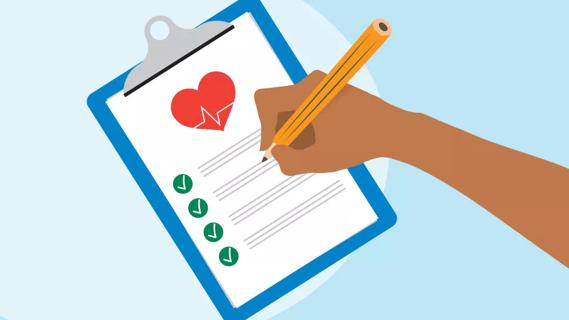
Age, sex and genetics are just a few factors that can affect your risk of developing coronary heart disease
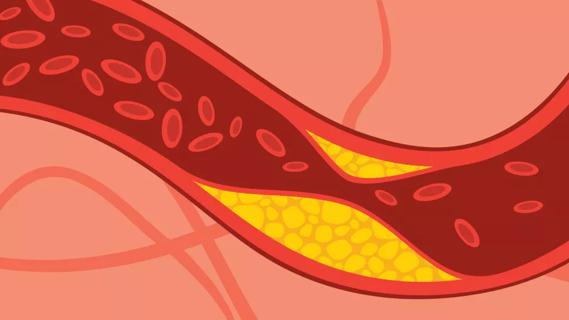
LDL cholesterol and lipoprotein (a) cholesterol are more likely to stick to your arteries and lead to dangerous heart events

Your metabolism may torch 1,300 to 2,000 calories daily with no activity

A gentle touch in all the right places may help drain your sinuses